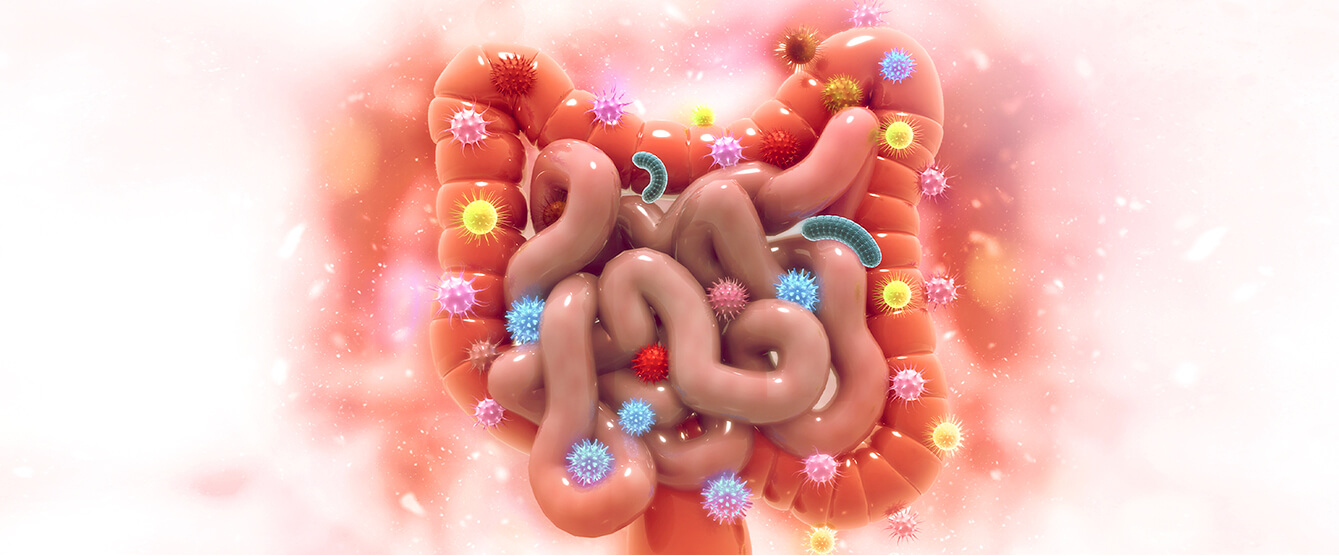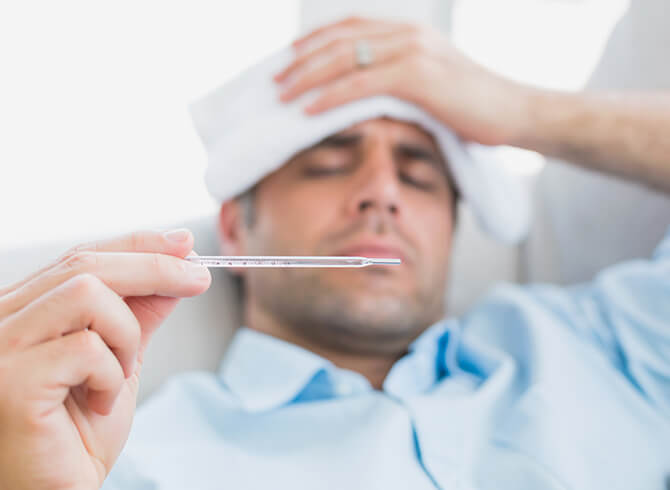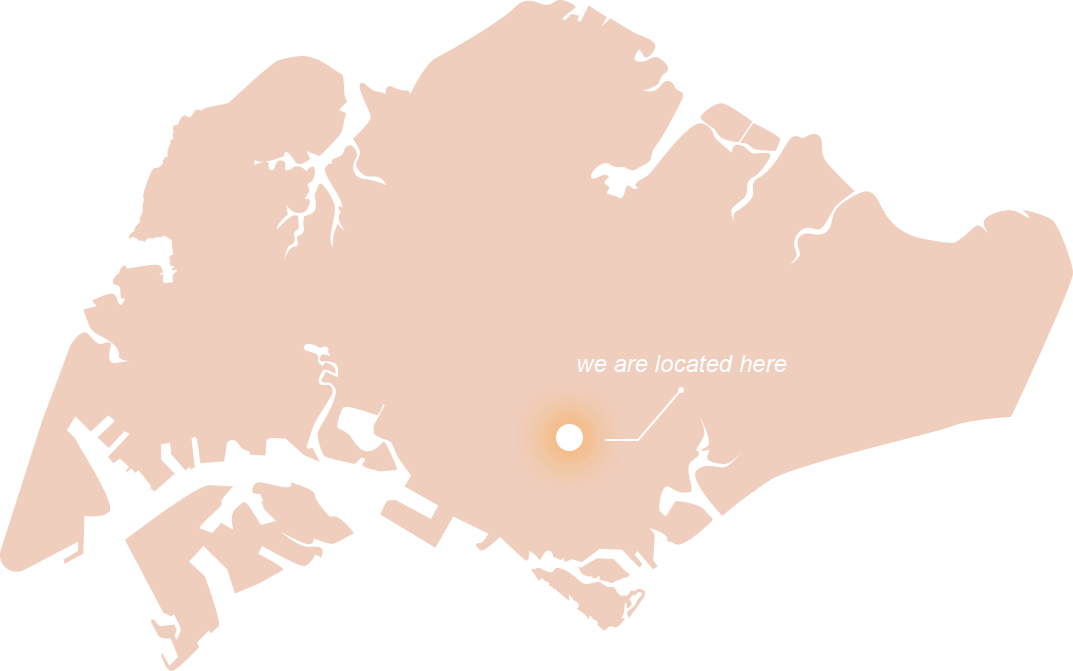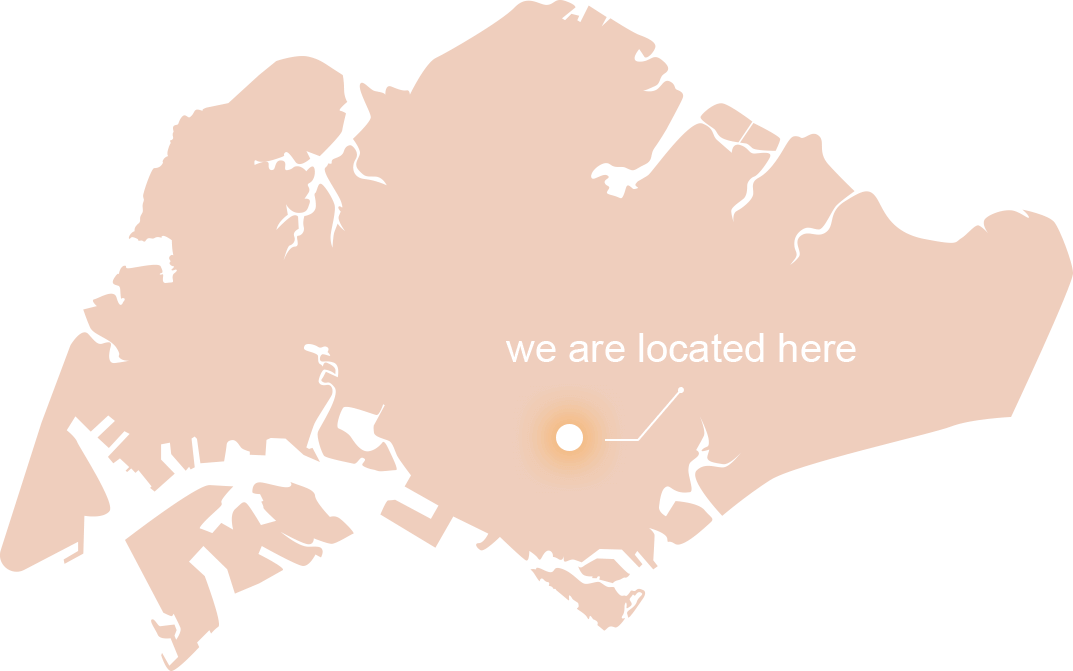Diverticular disease is a condition that affects the colon. It involves the formation of out-pouches in the colon. These pouches are known as diverticulum, and are most commonly found in the sigmoid colon. For majority of patients with diverticulum, diverticular disease is actually a benign condition that presents no real problem. However, for a small minority of patients, complications may occur. The first complication could be in the form of diverticulitis when diverticulum becomes inflamed. Patients with diverticulitis present with low abdominal pain. Often, diverticulitis is self-limiting and can be treated with antibiotics accompanied by bowel rest. Many patients also do not have a second episode of inflammation after diverticular disease treatment.

Unfortunately, a small proportion of such patients face recurrent inflammation which may worsen to infection. These patients will experience abdominal pain and fever. Pus may form around the infected area of the colon and perforation may occur. Such patients should seek medical help immediately as it is an emergency.
The second complication is bleeding of the diverticulum when blood vessels in the diverticulum rupture. Patients with bleeding diverticulum may pass out stale blood and blood clots. In some cases where there is severe bleeding, patients could pass out fresh blood. This condition could also be life-threatening and requires urgent medical attention. The exact cause of diverticular disease is unknown, although chronic constipation and a low-fibre diet may be a contributing factor to the development of the disease. The risk of diverticular disease also increases with age.

Patients with diverticulosis may not have any symptoms. Some patients complain of bloating and blood in stools.
- Pain in the lower abdomen
- Fever
- Loose stools
There is no exact treatment for diverticulosis. It is only when complications in the form of diverticulitis occur that treatment is required. Mild cases of diverticulitis can be treated with oral antibiotics. However, in severe cases of diverticulitis, patients may require hospitalisation and intravenous antibiotics and antispasmodics for treatment. For every attack of diverticulitis, the patient will face a higher chance of a recurrent infection. When repeated episodes of diverticulitis occur, the colorectal doctor may recommend surgery to remove the part of the colon with diverticulum. In cases of bleeding diverticulum, patients may require blood transfusion. Bowel rest is also recommended. Likewise, if bleeding is severe or if there are recurrent episodes of bleeding, diverticulitis surgery may be needed to remove the diseased part of the colon.
As the exact cause for diverticular disease is still unknown, there is no definitive prevention method. However, a well-balanced diet with adequate fibre intake may prevent formation of diverticulum.
- KH Ng et. al. Perforated colorectal cancer: an important differential diagnosis in all presumed diverticular abscesses. Annals Academy of Medicine, Singapore. 2011 August.


